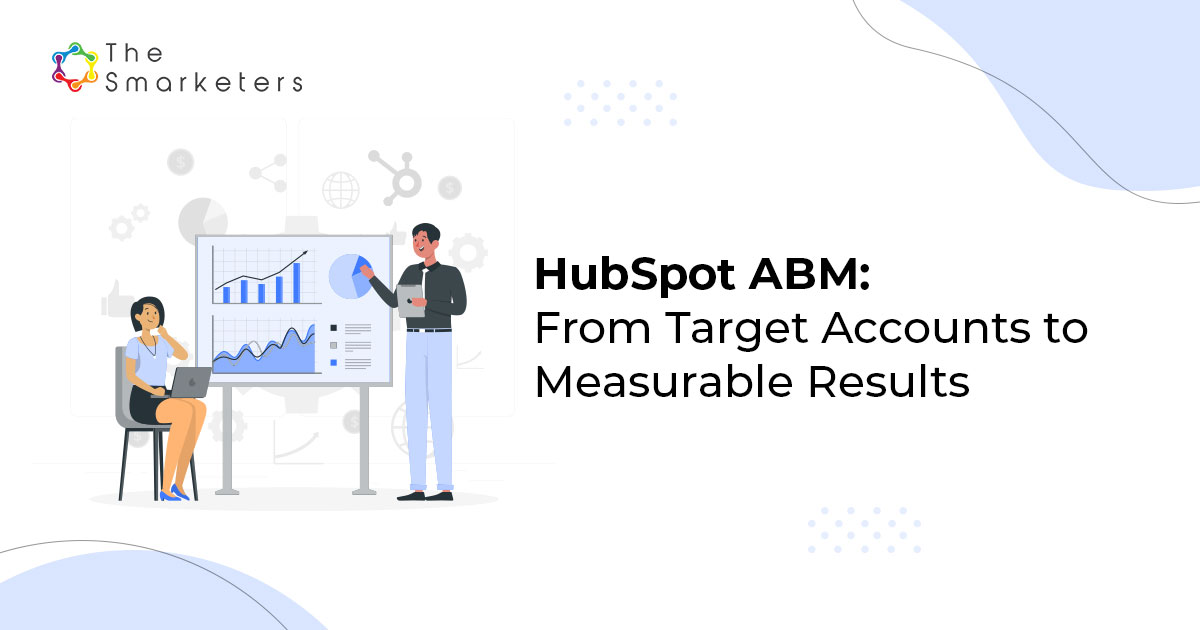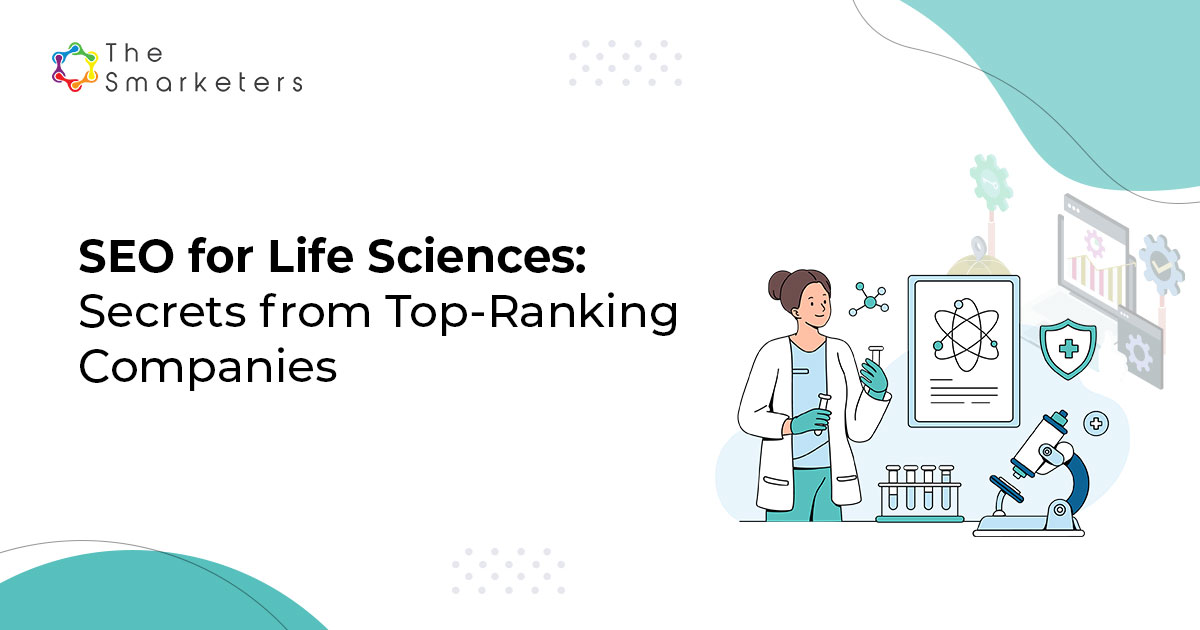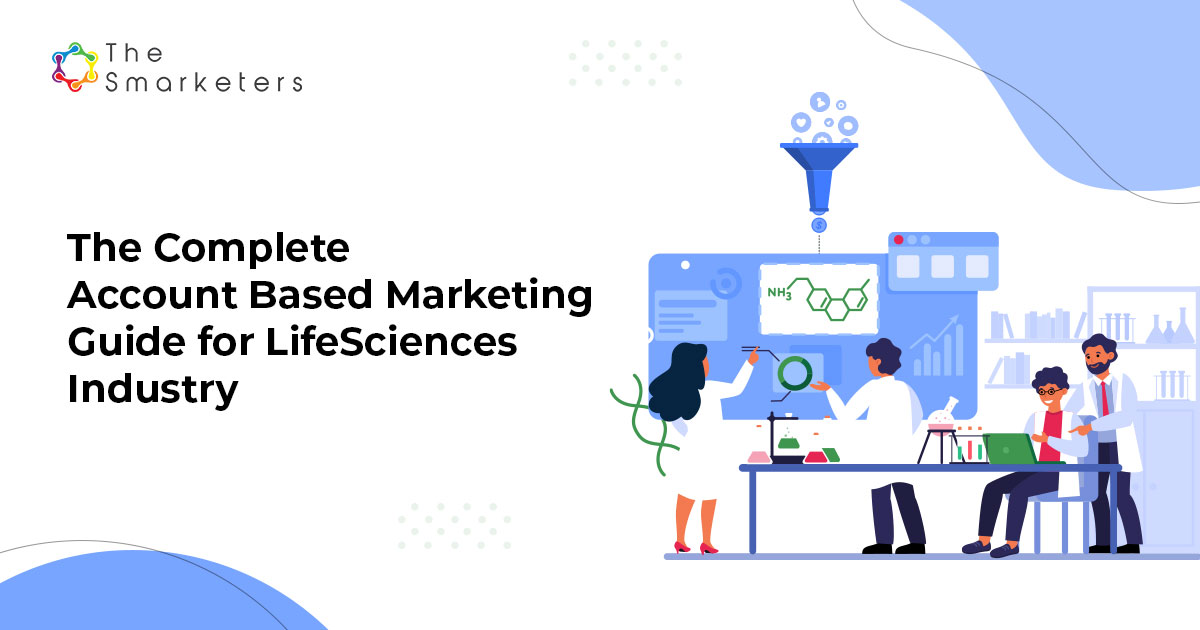Answering the question ‘Who uses account-based marketing?’, Marketo quoted — “ Many companies, particularly those seeking to acquire specific high-value customers find that they are better served with an ABM strategy rather than taking a broad-reaching approach to their sales and marketing effort.”
This confirms that the basic criteria to make the most out of Account-Based Marketing (ABM) is to be in the B2B marketing space, have the need for high-value customers, and be able to implement lean marketing.
Marketers explain this phenomenon in their words, “Innovations in marketing technologies make it possible for B2B marketers to implement ABM across the funnel. Marketers can leverage existing marketing programs more effectively, so content is tailored to the target accounts, and help prospects convert to customers.”
Jay Baer’s article on ‘Why account-based marketing is right for B2B?’ speaks more about the purpose behind adopting account-based marketing.
What is ABM capable of achieving for a B2B organization?
ABM pretty much works on every marketing aspect that ensures customer conversion. This would be right from defining customer criteria, personalization, creating content, aligning sales and marketing, and measuring success.
ITSMA has announced that ‘almost 85% of marketers measuring ROI say that ABM outperforms other marketing investments. If you are a goal-driven organization, you would relate to what we have to say. Here are some goals that could also be used as criteria to adopt ABM.
- Increase existing ROI
- Drive attributed revenue
- Align sales and marketing
- Improve personalized communication
- Make the most out of your existing lead pipeline
Sirius Decisions has researched and confirmed that ‘B2B organizations with tightly aligned sales and marketing operations achieved 24% faster three-year revenue growth and 27% faster three-year profit growth.
McKinsey has reported that ‘On average, a B2B customer will regularly use six different interaction channels throughout the decision journey Account-based marketing is designed to achieve better relevance, eliminate long selling cycles and reduce the layers within the hierarchy of purchase decision-making. Demandbase CMO, Peter Isaacson, positions ABM as ‘a growing B2B strategy that sees sales and marketing efforts finally better aligned.’
The checklist that helps you decide if ABM works for your B2B Company
Apart from the basic criteria provided above, here are a few qualities that need to match your organizational setup.
1. Frugality – We are not referring to misers. There is a subtle difference between misers and frugal people. People who believe in spending every penny smartly are the frugal ones. This principle keeps you looking for reasons to justify why you have spent your currency. To make the most out of every penny spent, you would be looking for nothing but ABM tactics. Instead of spending a lot of time and effort on generating leads who may or may not match your customer profile, with ABM you would focus your energies.
2. Expedite organic expansion – You don’t stop at customer conversion. You work until creating a circle of customer advocates. You foster communities. ABM enables you in increasing your customer worth through upselling and cross-selling. This not only increases your ROI but also the network of your customer’s lifetime value. In this process, you tend to increase more opportunities to increase sales organically.
3. Sales and Marketing sit together – You don’t treat them as separate departments. In the absence of ABM, these teams lack alignment. They start collaborating and supporting each other with timely information and feedback. This improves the performance of both teams. They are treated as collaborative units in your organization because you have the same objective to offer to both teams. You could have defined KPIs differently but goals remain the same.
4. You know who your customers are – It is not about knowing clients personally. It is about building a strong and meaningful relationship with your client. In a normal marketing process, very little effort is put to understand some key information about the customers, like revenues, industry, expectations, phone numbers, email ids, need for your product, and so on. Target accounts are pre-defined clients and to define them, you would need granular information. ABM-adopted organizations focus on gathering such information.
5. Embrace Technology to eliminate redundancy – Another not so spoken criterion is that the companies who look forward to using technology to eliminate redundancy, adopt ABM. The use of technology allows automation and cross-communication. Most of all, it allows personalization, content delivery across different channels, and the capture of consumer data through different channels.
6. Don’t follow traditional linear methods – If your organization is agile and works closely with the external environment, then linear methods and silos don’t work for you. You seek opportunities and embrace cross-selling and upselling. These organizations adopt account-based marketing.
7. Return on Time (ROT)– You are suffering from lengthy leads to the b2b sales cycle. Organizations that desperately want to eliminate unnecessary steps that prolong the sales cycle need account-based marketing. Long cycles are not just within the organization but also at the client’s end.
Is Account-based marketing right for your B2B organization?
Size does not matter. With ABM, the size of the company does not matter, as long as you are looking for high-value customers and targeting businesses. In the past and until now, there have been traces of Fortune 500 companies using ABM when they are targeting businesses. ABM ensures that large enterprises do not lose out on the multiple opportunities that their existing customers can create for them. Marketo has recorded that 85% of marketers found that ABM significantly benefited them in retaining and expanding existing client relationships.
On the other hand, startups have realized the benefits of ABM and are leaning towards employing account-based marketing tactics into their game plan. This is found as a great marketing possibility because it allows you to work with meager financial and human resources.
This leaves the part of implementation with you. Grab your 30 expert tips on account-based marketing if you are just going, to begin with, it.
However, one question that might be occupying your mind now is, “Why has ABM gained popularity all of a sudden?” The fact remains that ABM is an age-old marketing concept. With innovation happening at every juncture, in the B2B context, account-based marketing is taking special attention to drawing relevant and highly qualified leads to the table. This is drastically increasing the probability of conversion.













